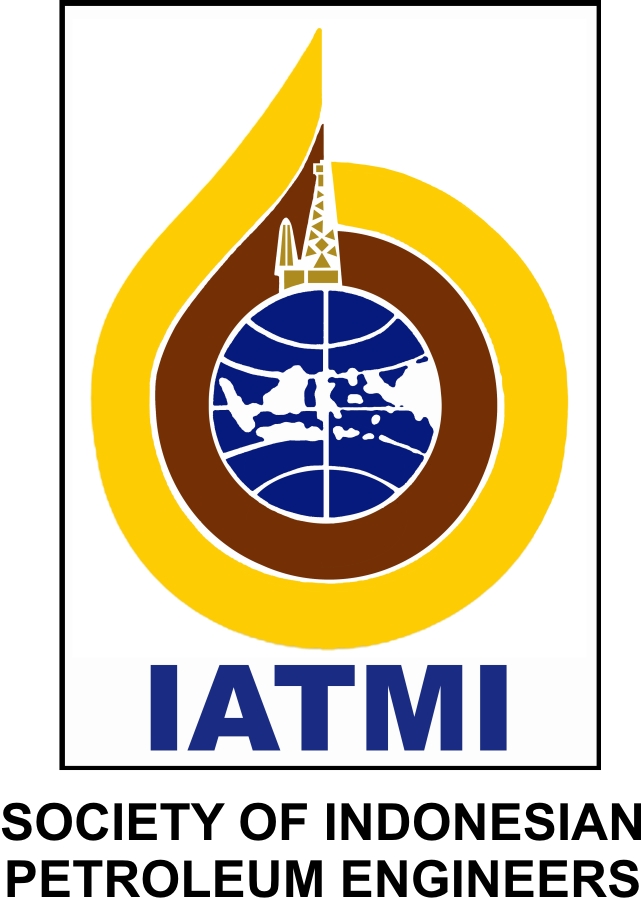IATMI Business Forum (Organised by IATMI)
Saturday, 9 October 2021 | 0900 – 1100 | Lake View VIP Room, Damai Indah Golf “Pantai Indah Kapuk (PIK)”, Jakarta
IATMI Business Forum will bring together leaders from the energy sector; the government, association, energy companies, civil society, and business supporters to discuss on how Indonesia’s energy stakeholders can accelerate achieving zero-carbon goals through clean energy transition strategies.
Fee: IDR 2.500.000/pax or USD 180/pax (Lunch is included)
Registration Deadline: 1st October 2021
Contact
1. Gas development is one of the solutions towards Indonesia’s energy transition target
The energy transition is the pathway towards the transformation of the global energy sector from fossil-based to zero-carbon.
Decarbonisation of the energy sector is required urgently on a global scale by leveraging on the energy mix. Renewable energy and natural gas can be employed to provide energy-efficient solutions. Natural gas is a potential energy source in Indonesia as an alternative to reduce carbon dioxide emission and air pollutants. The energy source fuel switching can be utilised, primarily from coal to natural gas.
2. Impact of coal-to-natural gas switching
Natural gas is facing increasing demand. More development gas fields need to be secured. Oil and gas companies need to find solutions for implications of the energy transition target to match their operations and business models. They are also required to adapt to the pace of change in reducing greenhouse gas (GHG) emissions and achieving zero-carbon goals and targets. Through technologies and applications such as digitalisation, carbon capture, utilisation and storage (CCUS), and blue hydrogen, this can be achieved.
3. Government regulation & policies
Technological feasibility and business model viability are key factors in adopting clean technology. Policymakers will need to provide clarity on decarbonisation plans, including their vision for natural gas, so that gas players can get involved, and show commitment to decarbonise natural gas.
Regulation consistency can reduce the cost of clean technology by providing subsidies or increasing the opportunity cost of alternative fossil fuel utilisation through carbon taxes and more can help make technology a viable solution.

